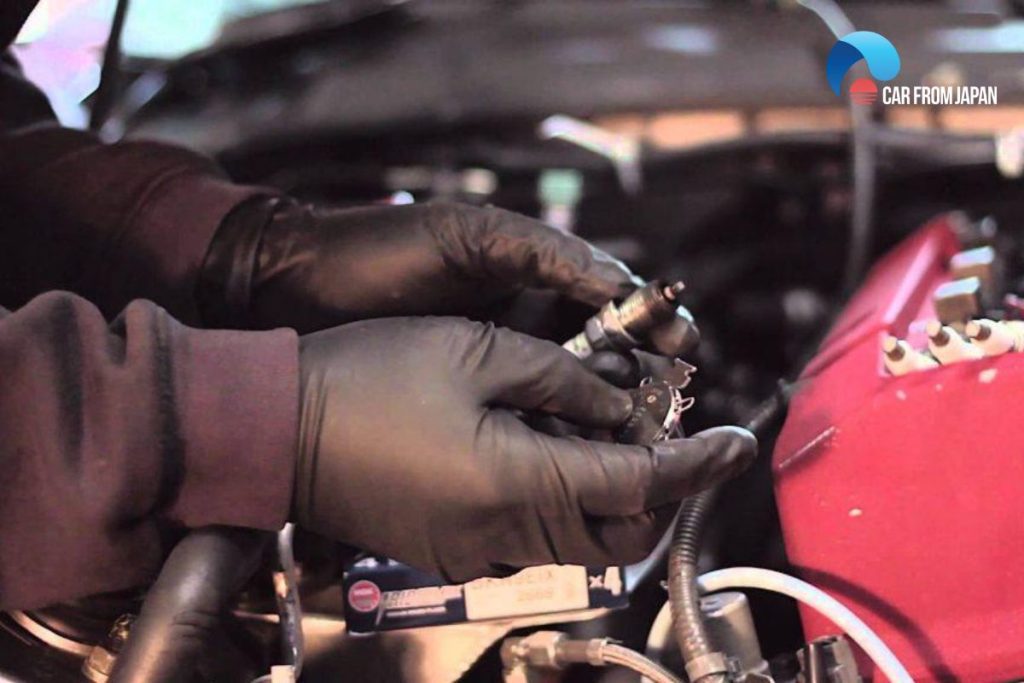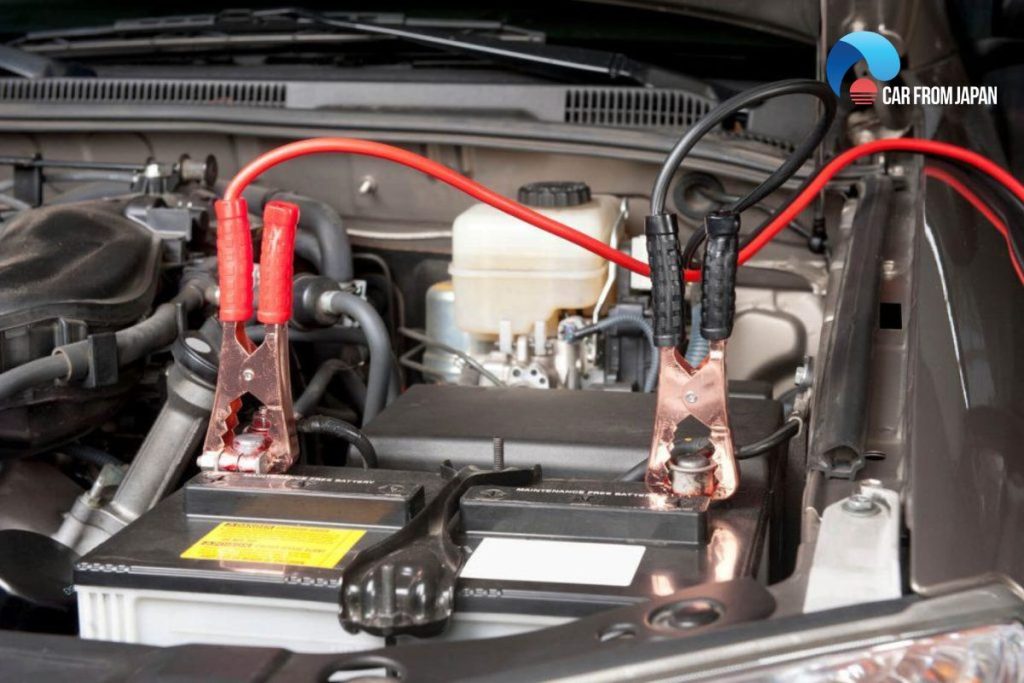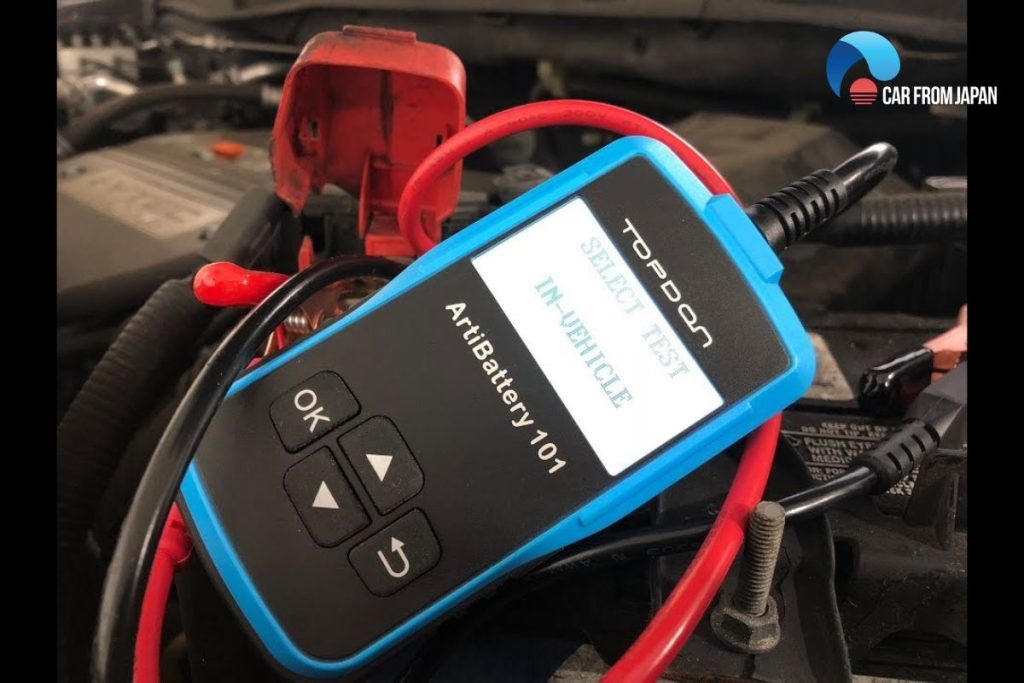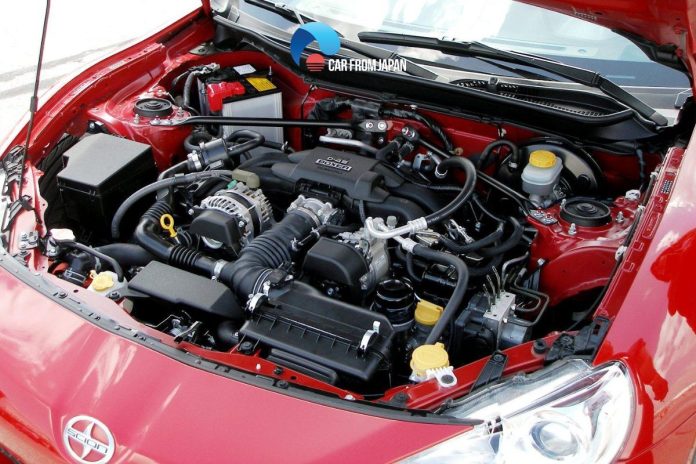If the question: Can a bad car battery cause engine misfire has been influencing your thought process, the following section becomes a must read.
Engine misfires can be frustrating at times. Knowing that your engine is not delivering the intended power can give you a trouble-laden ride.
Most of the time, people relate engine misfiring to bad car batteries, but is it so?
Contents
Can a Bad Car Battery Cause Engine Misfire?
When there is a problem with the ignition system of your car, it may result in an engine misfire. This implies that there may be a probable imperfect combustion process within the cylinder.
When looking for reasons for such misfires, a bad car battery is what comes to mind. Read through to find out the truth behind the same.
How Can a Bad Car Battery Lead To A Misfire?
You know what a fuel pump is, right? A fuel pump is a device that aids in pumping liquid fuel to the internal combustion engine. It is the low battery of your car that can affect this fuel pump adversely.
In simple words, a low car battery can lead to slower processing of fuel pumps. This condition can further lead to “lean fuel”.
Another thing a bad battery can lead to is the improper opening of certain injectors. All these conditions together can cause misfiring of the engine.
So the next time you wonder how can a bad car battery cause engine misfire, we hope you’ll have the answer.

See More: 5 Step Process To Recondition A Battery
Consequences of Misfiring
If cylinder misfiring occurs due to bad car batteries, it can lead to damaging the engine greatly.
The lean fuel condition as discussed in the above section would lead to overheating of the engine. This could further harm the valve or the piston.
Thus, you will experience a loss of power when driving. The internal components of the engine would rotate unevenly, further causing wear and tear that would become expensive to repair.
Another thing that can be a consequence of misfiring is the emissions. Black exhausts are particularly witnessed that can reduce your carbon footprint greatly.
Things to Keep In Mind
A normally charged battery is inbuilt with 12.65 volts. You can check it with the help of a voltmeter.
In case the reading varies to up to 12.45 volts, it should be pretty fine. But anything below that line could be a warning sign. This is where a battery replacement is required.
One should also know that sometimes even a fully charged battery could turn out to be bad due to lack of its overall output.
This is where a conductance tester could be helpful. In a conductance tester, a frequency signal is transmitted through the battery.
This helps in knowing as to what part of the plate is not having good conductance. The process helps in accurately knowing the condition of the battery.
If all these tests produce results indicating that a battery replacement is required that should be done on priority basis.
Remember to install batteries with same or higher CCA ratings and that the batteries should be fully charged prior to installation.

Why Misfires Aren’t Always a Battery Problem?
While a dying battery might seem like a straightforward culprit for engine problems, its connection to misfires may be less direct.
Typically, the car battery will power the starter motor and the various electrical systems such as the ignition system.
However, it doesn’t directly deliver the jolt of energy that ignites the air-fuel mixture in your cylinders, that’s the role of the spark plugs.
So, a bad battery doesn’t directly cause a misfire in the same way a faulty spark plug would.
A weak battery is like a weak heart. It struggles to supply enough power to everything. This “low voltage” can make the ignition system weak, leading to a small spark or no spark at all. It’s like trying to light a fire with a damp match.
The weak spark can cause a misfire. A low battery can also confuse the car’s computer (the ECU), which controls the engine. This can mess up the timing of the fuel and spark, also causing misfires.
Aside from misfires, a faulty battery shows other signs such as engine crank slowly or headlights turn dim, or a clicking noise when you turn the key – that’s the starter motor trying to work but not having enough power. Moreover, you might see warning lights on your dashboard.
But remember, these problems could be caused by other things too. So it’s important to get your car checked out by a mechanic if you’re having trouble to define the rooted causes.
How To Troubleshooting A Bad Car Battery?
Voltage check
Check the battery’s health with a voltage test is quite simple.
Use a multimeter and set it to measure DC voltage. Make sure your car’s engine is off. Then, locate the positive (+) and negative (-) terminals on your battery (they’re usually clearly marked).
Carefully touch the red probe of the multimeter to the positive terminal and the black probe to the negative terminal.
A healthy, fully charged battery should read around 12.6 volts. If the reading is significantly lower, your battery might be weak and could be contributing to your car’s problems.
Testing Cold Cranking Amps (CCA)
For this test, you’ll need a dedicated battery tester. These testers typically clamp onto the battery terminals and provide a CCA reading.
Compare this reading to your battery’s specified CCA rating, usually found on a sticker on the battery or in your car’s owner’s manual.
A significantly lower CCA reading indicates a weakened battery that might struggle to start your car, especially in cold conditions.
With these tests above, always follow the instructions provided with your specific battery tester to ensure safety and precise readings.

Aside from using tools, here are other methods to check potential misfire culprits!
Look under the hood
While a weak battery can contribute to misfires, it’s not the only culprit. You can perform a quick visual inspection of your spark plugs and wires.
Remove a spark plug and check for signs of wear or examine the spark plug wires to check for cracks, burns, or fraying, which can all contribute to a possible misfire.
Inspect further
You can test or bring your car to the mechanics to inspect components like the ignition coil, distributor (in older cars), fuel injectors, or sensors.
Eventually, if you’re not comfortable working on the ignition system, freely seek professional help to save time and effort!
FAQs on Car Battery Causing Engine Misfire
Can a bad battery damage the engine?
A bad battery itself is unlikely to cause direct engine damage.
However, if left unresolved, the misfires it triggers can potentially lead to damage over time due to unburned fuel contaminating the catalytic converter or fouling spark plugs.
How can I determine if my battery is causing engine misfires?
Start by checking the battery’s voltage and ensuring it’s within the recommended range.
Additionally, have a diagnostic scan performed to identify any trouble codes related to misfires or electrical issues.
What should I do if I suspect my battery is contributing to engine misfires?
If you suspect your battery is a factor in engine misfires, it’s essential to address the battery issue first.
This may involve recharging or replacing the battery. After that, if the misfires persist, further diagnosis may be necessary.
Regular battery maintenance, such as cleaning terminals and ensuring a strong charge, can help prevent battery-related issues that may lead to misfires.
Additionally, keeping your vehicle’s electrical system in good condition is crucial.
Can other factors besides the battery cause engine misfires?
Yes, engine misfires can result from a variety of factors, including faulty spark plugs, ignition coils, fuel injectors, and sensors.
It’s important to consider these components during diagnosis.
Conclusion
Can a bad car battery cause engine misfire? Yes, it can! Though people may suggest you against it, this could be a probable reason.
Getting your cars checked and replacing batteries could help you a great deal when looking for a reliable solution.
For more insightful Car maintenance tips, follow Car From Japan today!



